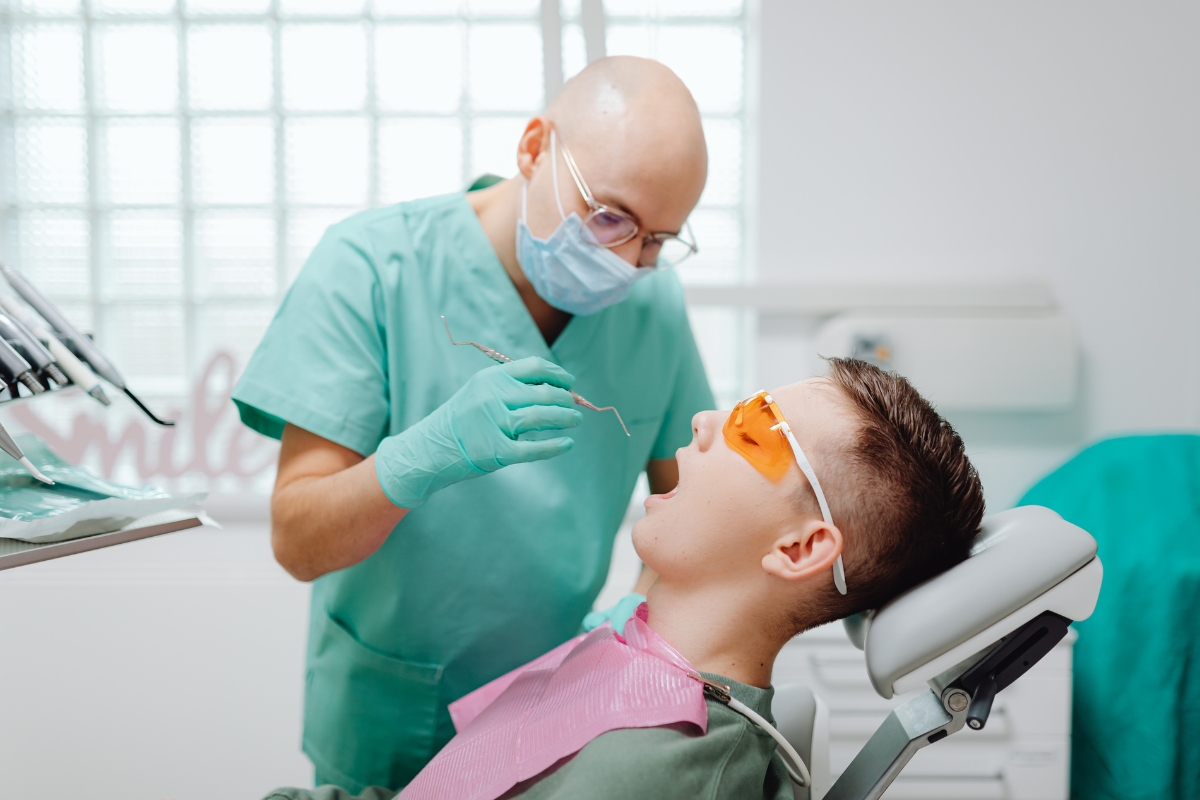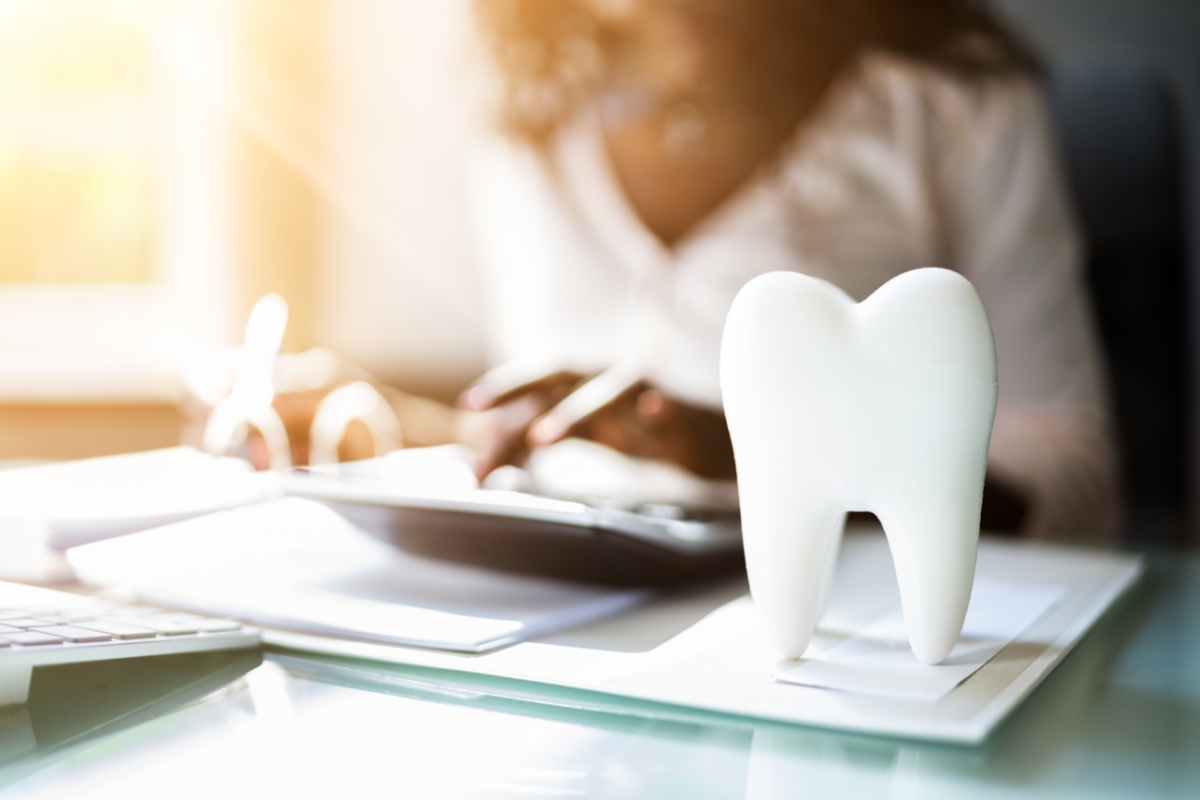
Toothbrushes and toothpaste are essential parts of our daily routines. They help us maintain fresh breath and a bright smile. However, the way we brush can significantly impact our oral health. While it may seem intuitive that a firm brush guarantees cleaner teeth, the truth can differ. Is hard brushing harmful to your oral health? Let’s delve into this topic to uncover the facts.
The Impact of Hard Brushing
Many people believe that applying more pressure while brushing means a better clean. This misconception can lead to a variety of dental issues. Here’s how hard brushing might be detrimental:
- Enamel Erosion: Your teeth are coated with enamel, the hardest substance in your body. However, it can wear down over time. Excessive force while brushing can gradually erode this protective layer, exposing the softer dentin beneath. This can increase sensitivity and make teeth more susceptible to cavities.
- Gum Recession: Brushing too hard can cause the gums to recede. This condition exposes the roots of your teeth, making them vulnerable to decay and increasing the risk of gum disease. Once gums recede, they do not grow back, which can lead to more serious dental issues.
- Damage to Dental Work: If you have fillings, crowns, or veneers, aggressive brushing can damage these restorations. Maintaining the integrity of these dental works is crucial for overall oral health.
Signs You Might Be Brushing Too Hard
If you’re unsure whether your brushing technique is too aggressive, watch for these signs:
- Bleeding Gums: If you notice blood on your toothbrush or in the sink after brushing, it may be a sign that you’re applying too much pressure.
- Sensitive Teeth: Increased sensitivity to hot or cold can indicate enamel erosion or gum recession caused by hard brushing.
- Worn Bristles: If your toothbrush bristles fray or flatten quickly, this may suggest that you’re brushing with too much force.
How to Brush Effectively?
Switching to a gentle brushing technique doesn’t mean sacrificing cleanliness. Here are some effective brushing tips that can help:
- Choose the Right Toothbrush: Opt for a soft-bristled toothbrush. Soft bristles are gentle on both your teeth and gums, effectively removing plaque without causing damage.
- Use a Light Touch: Apply light pressure while brushing. A good rule of thumb is to brush with the same pressure you would use to clean a window.
- Focus on Technique: Brush in a circular motion rather than back and forth. This technique helps effectively remove plaque while minimizing wear on enamel and gums.
- Set a Timer: Aim to brush for two minutes twice a day. Setting a timer can help ensure you spend enough time brushing each section of your mouth without overdoing it.
- Don’t Rush: Take your time while brushing. A rushed approach often leads to excessive pressure, damaging your teeth and gums.
The Role of Toothpaste
Choosing the right toothpaste is another critical factor in maintaining your oral health. Here’s how it plays a role:
- Fluoride Content: Toothpaste containing fluoride helps strengthen enamel and prevent cavities. Make sure to select a fluoride toothpaste that meets your needs.
- Sensitivity Formulas: If you’re experiencing sensitivity, consider using toothpaste designed specifically for sensitive teeth. These products often contain ingredients that help block pain signals from the nerves in your teeth.
Alternatives to Hard Brushing
If you’re used to brushing hard, consider these alternatives that promote better oral hygiene without the risks:
- Electric Toothbrushes: Many people find electric toothbrushes more effective at removing plaque while requiring less pressure. These brushes often come with built-in timers, ensuring you brush for the appropriate duration.
- Interdental Brushes: Incorporate interdental brushes or floss into your routine. These tools help clean between teeth, where brushing may not reach effectively.
- Regular Dental Checkups: Regular visits to your dentist can help monitor your oral health and identify any issues early. Invest in general dentistry services such as annual dental cleanings to remove plaque buildup that regular brushing might miss.
Understanding the effects of hard brushing is vital for maintaining a healthy mouth. While it may seem that scrubbing harder leads to a cleaner smile, the opposite is often true. Embracing gentler brushing techniques can protect your enamel, keep your gums healthy, and ensure your smile remains bright for years to come. Remember, no amount of at-home dental care replaces the yearly at-clinic dental treatment under the guidance of a licensed dental specialist. So contact a local dental surgeon to retain your beautiful smile. Your teeth will thank you!





